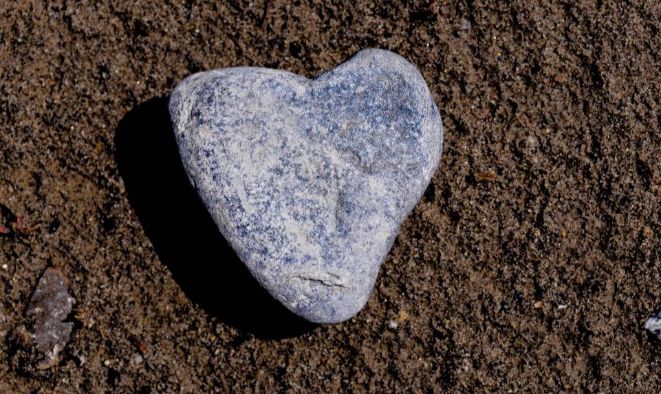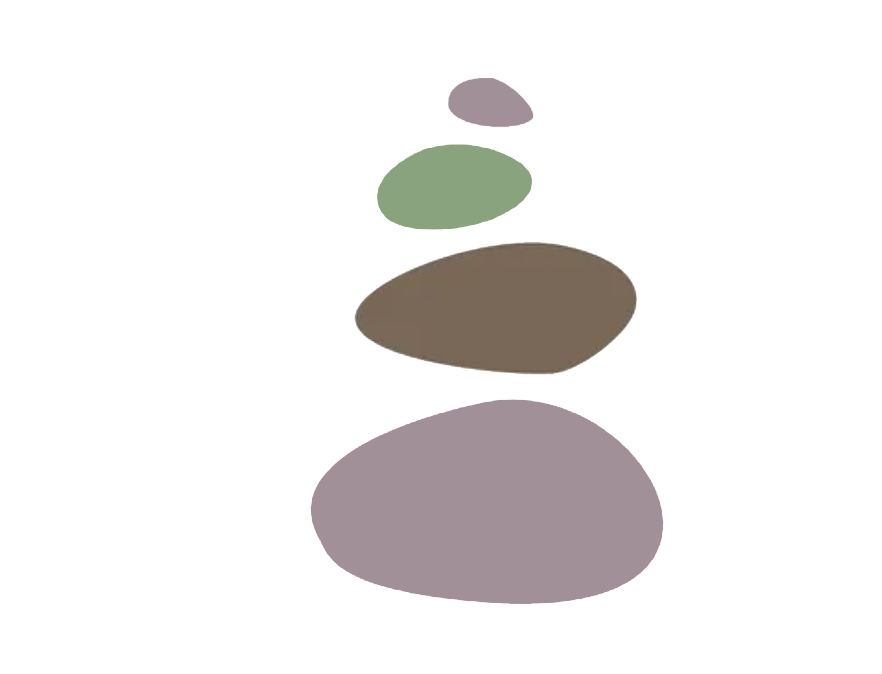
What is Takotsuba Cardiomyopathy?
This is an interesting heart condition, being that it is caused completely by stress.
Also known as “Broken Heart Syndrome”, sufferers develop symptoms after a prolonged period of stress. Other names for this disorder are Stress Cardiomyopathy or Apical Ballooning Syndrome.
The good news is that it can be treated and a full recovery achieved. In this article, I will describe Takotsuba, look at mainstream methods of diagnosis and treatment and how to manage stress.
Takotsuba was only identified in 1990 and is considered to be a reasonably uncommon condition. However, the incidence of Takotsuba is increasing.
According to St Vincent’s Hospital, Takotsuba Cardiomyopathy (TCM) is defined by a sudden weakening of the left ventricle.
(1) This can occur for several reasons but most often because of prolonged mental stress. It occurs, almost exclusively in women. 90% are women over 58 to 75.
(2) Because this age group is usually post-menopausal there may be a link. However, none has been located in the literature so far.
The main symptoms are chest pain and shortness of breath, but brief blackouts can also occur.
It gets its name from the Japanese name for octopus pot. This is because the left ventricle is thought to resemble a crab pot when affected by this syndrome. The ballooning of the left ventricle can be seen on scans.
There is usually no other underlying heart condition such as high cholesterol or elevated blood pressure.
As mentioned before the main symptoms are chest pain and shortness of breath. This may happen for a brief moment or just seconds. If the pain lasts longer than that, a heart attack should be assumed and the person should get to the hospital.
It is caused by a short, sharp shock to the heart. There are other symptoms associated with TCM that can occur. Dizziness or a feeling of faintness can strike the person. There can be an irregular heartbeat or even numbness and confusion.
(3) In the majority of cases the cause is stress.
You may have an attack after an event or if you are suffering from prolonged stress at any time. It can happen completely out of the blue. It can happen more than once. It is a frightening experience for those who have it. Any problem associated with the heart can incite fear.
What are the most common risk factors?
Obviously poorly managed or prolonged stress is a risk factor. If you are a stressed-out postmenopausal woman in her 50s, then you have a trifecta of risk factors.
In some cases, it may be caused by drug use such as amphetamines or cocaine.
It can occur after an illness such as covid.
A person who already suffers from anxiety is at risk. Stress is already a daily part of their lives.
Those who live with domestic abuse or even those whose relationship has hit a bad patch can be at risk.
It doesn’t have to be your significant other. The problems could be with a child, sibling, parents or friends.
The age group that TCM most affects are those who are caring for elderly relatives or grandchildren.
Also, this is the age group where chronic illnesses start to occur more frequently.
A diagnosis of bad health is also a risk factor as it causes worry and stress.
Trauma, an accident, financial problems and the death of a loved one can place a person at risk of this syndrome as they are all common causes of worry, stress and anxiety.
How is this condition diagnosed?
A medical history would be the start to rule out other causes. A doctor will take into account a history of stress or trauma. They will look for underlying heart or circulatory problems. They will undertake a number of tests which would include a stress test, a blood test, a chest X-ray and an echocardiogram.
(4) In some cases, a cardiac MRI may be administered. These tests are used to assess any heart problems.
Signs that you have Takotsuba are ballooning of the left ventricle.
An echocardiogram (ECG) will show variances in heart rhythm.
There will also be an absence of hardening of cardiac arteries.
In 90% of cases troponin, a cardiac marker is elevated but not so elevated to indicate a heart attack.
(5) The Mayo Clinic is said to have the standard for diagnosis for this condition but many others disagree.
There are never any cardiac symptoms before the first attack.
Mainstream treatment involves a number of possibilities. There is no hard and fast rule and it will depend on your doctor. Many will not prescribe heart medication due to the transient nature of this condition.
Heart medications that have been used include Angiotensin-converting enzyme (ACE) inhibitors, Beta-blockers and diuretics.
Some doctors will focus on the cause and prescribe for anxiety and stress.
Drugs in the benzodiazapam class or antidepressants, specifically selective serotonin reuptake inhibitors(SSRIs) may be considered.
Some will consider lifestyle changes to reduce stress.
Speaking now as a holistic practitioner, there are other measures that can be taken.
Foremost I would consider methods of managing stress and anxiety. Meditation, yoga, and tai chi are excellent for invoking the relaxation response. The relaxation response allows the body to return to that state of rest before stress and anxiety took over. Once the relaxation response has kicked in, the body can start to heal.
All three of these activities can provide long-term management of stress and anxiety.
There are 2 excellent supplements that can help, Co Q 10 to protect the muscle of the heart and increase energy, and Magnesium orotate which works to relax the heart muscle. Magnesium is great for anxious people who tend to carry tension in their muscles.
There are flower remedies and herbs that can be prescribed by a practitioner.
The herb Motherwort comes to mind because it is for heart and anxiety.
Finally, seeing a counsellor and learning how to manage stress and anxiety can also help.
Takotsuba Cardiomyopathy is a condition that can be reversed.
It is clearly a health problem caused, mainly by stress and trauma. Simple lifestyle changes can deal with the causes while other supplements and medications can help the healing process.
Sometimes, when we are in a situation of constant stress and cannot leave it, we need to learn how to live with it.
We need to change our way of thinking in order to reduce stress.
It is one of the few heart conditions that can be completely healed.
Takotsuba is a reminder, literally to not take everything to heart.
Footnotes
(1) https://www.svhhearthealth.com.au/conditions/takotsubo-cardiomyopathy
(2) https://www.health.harvard.edu/heart-health/takotsubo-cardiomyopathy-broken-heart-syndrome
(3) https://www.medicalnewstoday.com/articles/309547#symptoms
(4) https://www.cedars-sinai.org/health-library/diseases-and-conditions/t/takotsubo-cardiomyopathy.html
(5) https://emedicine.medscape.com/article/1513631-workup
Bibliography
https://www.svhhearthealth.com.au/conditions/takotsubo-cardiomyopathy
https://www.health.harvard.edu/heart-health/takotsubo-cardiomyopathy-broken-heart-syndrome
https://emedicine.medscape.com/article/1513631-overview#a2
https://www.mayoclinic.org/diseases-conditions/broken-heart-syndrome/symptoms-causes/syc-20354617
https://www.medicalnewstoday.com/articles/309547#causes
Takotsubo cardiomyopathy: Pathophysiology, diagnosis and treatment
Kazuo Komamura, Miho Fukui, Toshihiro Iwasaku, Shinichi Hirotani, and Tohru Masuyama
https://www.ncbi.nlm.nih.gov/pmc/articles/PMC4110608/
https://www.cedars-sinai.org/health-library/diseases-and-conditions/t/takotsubo-cardiomyopathy.html
Takotsubo Cardiomyopathy A New Form of Acute, Reversible Heart Failure Yoshihiro J. Akashi, MD, PhD; David S. Goldstein, MD, PhD; Giuseppe Barbaro, MD; Takashi Ueyama, MD, PhDTakotsubo Cardiomyopathy - AHA Journals
https://www.ahajournals.org CIRCULATIONAHA.108.767012.pdf
